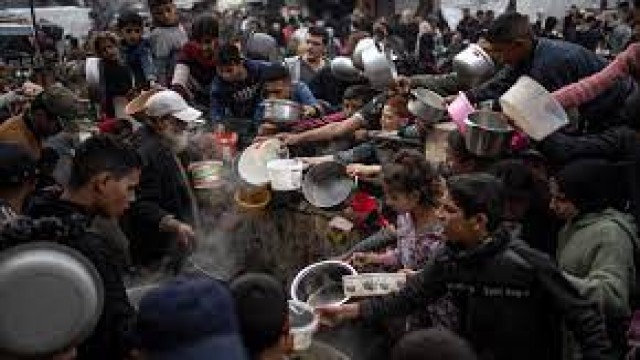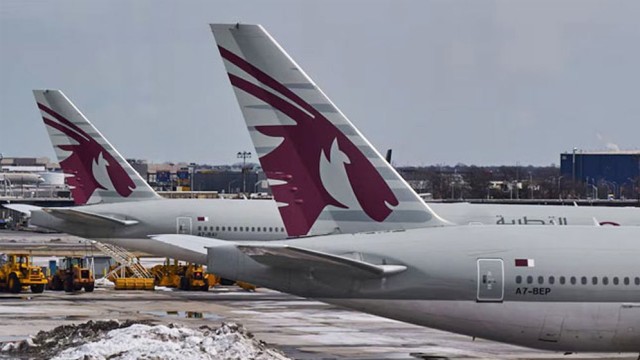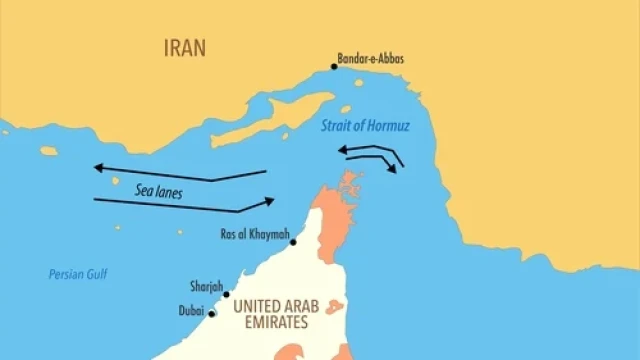Wednesday's reported Palestinian dead toll in the Gaza conflict approached 30,000 as violence continued in the region controlled by Hamas, despite negotiators' insistence that a ceasefire with Israel may be reached in a matter of days.
The health ministry said that 91 more persons have died as a result of the Israeli airstrikes overnight.
Amid the fierce fighting, mediators from Egypt, Qatar, and the US have been attempting to find a way to bring the almost five-month-long conflict to an end. They are aiming for a six-week break.
Following a flurry of diplomatic activity, mediators said that an agreement would finally be reached; it was planned to exchange several hundred Palestinian captives held by Israel for the release of several Israeli hostages who had been detained in Gaza since Hamas's October 7 attack.
US President Joe Biden stated on Tuesday, "My hope is by next Monday we'll have a ceasefire," but "we're not done yet."
Majed al-Ansari, a spokeswoman for the Qatari foreign ministry, stated that Doha was "hopeful, not necessarily optimistic, that we can announce something" by Thursday.
However, he issued a warning, saying that "the situation is still fluid on the ground".
According to Doha, the combat would stop before Ramadan, which begins on March 10 or 11, depending on the lunar calendar, when Muslims fast for the month of Ramadan.
Israeli Prime Minister Benjamin Netanyahu categorically rejected Hamas's demand that all Israeli soldiers be removed from Gaza.
However, a Hamas source said, speaking under anonymity, that the agreement may see the Israeli troops withdraw from "cities and populated areas," enabling those Palestinians who have been displaced to return humanitarian supplies.
The health ministry of Gaza reports that at least 29,954 Palestinians have died as a result of Israel's military assault, the majority of them were women and children.
"Virtually certain" hunger
According to an AFP assessment of official data, an unprecedented Hamas strike on southern Israel resulted in the deaths of almost 1,160 people, largely civilians, and set off the conflict.
About 250 captives were also taken by militants; 130 of them are still in Gaza, including 31 who are thought to be dead, according to Israel.
Hundreds of thousands of Gazans have been forced to flee their homes since the conflict started, and now over 1.5 million people are crammed into the far-southern city of Rafah, where Israel has threatened to launch a ground invasion.
Aid organizations have warned of the increasingly dire circumstances facing those who remain in northern Gaza.
Carl Skau, the deputy executive director of the World Food Programme, warned the UN Security Council on Tuesday that "a famine is imminent in northern Gaza if nothing changes."
Ramesh Rajasingham, his colleague from the UN humanitarian organization OCHA, issued a warning of widespread famine, calling it "almost inevitable".
According to the WFP, humanitarian organizations have been unable to provide supplies to the north for over a month because Israeli soldiers have been preventing aid from getting in.
"It's been two days since I last had food," said Mahmud Khodr, a resident of the northern Jabalia refugee camp, where kids were playing with empty pots.
"There is nothing to eat or drink."
Strikes still occurring
The majority of relief vehicles have stopped operating, but international forces have nonetheless air-dropped goods, most notably on Tuesday over Khan Yunis, the biggest city in southern Gaza, and Rafah.
What assistance does come in Gaza enters the country through Egypt's Rafah border crossing, prompting UN head Antonio Guterres to warn that an attack on the city would "put the final nail in the coffin" of assistance efforts in the region.
Israel has not disclosed any information, although it has maintained that it will evacuate residents before deploying troops into Rafah.
Cairo is worried about a flood of refugees, which is why Egypt has warned that an attack on the city would have "catastrophic repercussions across the region".
Israeli military spokesperson Rear Admiral Daniel Hagari stated on Tuesday that his country "cannot conduct an operation" in Rafah due to the existing high population density, but that it will "listen to the Egyptians and their interests".
Israeli air attacks have regularly struck the region before the aforementioned feared ground assault.
Several airstrikes struck Zeitun in central Gaza and the southern cities of Khan Yunis and Rafah overnight, according to an AFP journalist.
They "killed several terrorists and located weapons" in Zeitun, according to the army.
It said that two additional troops had lost their lives in the combat in Gaza, bringing the total number of casualties since the ground operation began on October 27 to 242.
End//voice7news.tv































Comment: